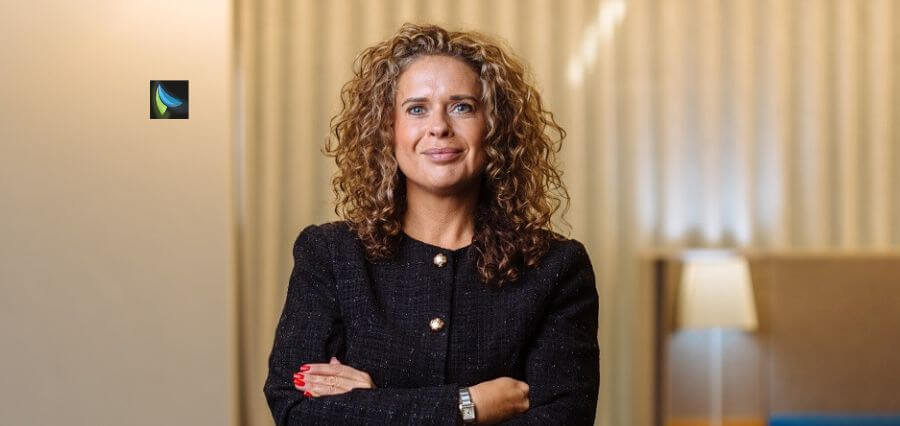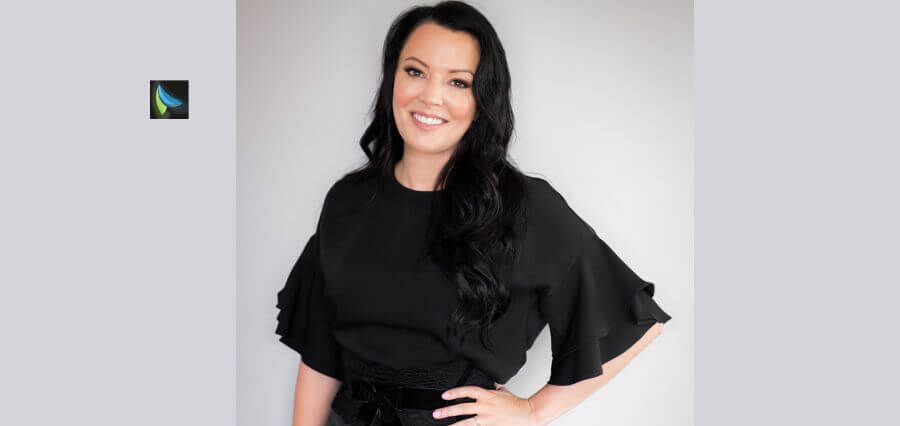In an interview with Insights Success, Ulrike Lemke, Vice President of Marketing at Lonza, shares valuable insights from the experiences she gained in her entrepreneurial journey. Moreover, she broadly discusses on the services offered by the company.
Below are the highlights of the interview conducted between Ulrike and Insights Success:
Give a brief overview of your background as an influential marketing leader.
My educational background is in life sciences and my main motivation is to support medical innovation and technology advancements to help treat medical conditions or to prevent people from becoming ill. As scientist, you typically have deep insights into the pathway of a disease and its mechanics. But there is often less knowledge about what patients suffer from on a daily basis and what the holistic picture of their condition is. In other words, are you as scientist fixing the element of the disease that matters most to patients? Are you driving the right approach, that can yield a medicine that effectively improves health conditions?
I firmly believe that scientific innovation should be driven by deep insights into real and tangible needs of patients or even healthy consumers (if the objective is to prevent onset of disease). But where should we get these insights from?
Understanding patient needs, sharing these insights with scientists to focus them on what matters and then communicating the advancements back to patients – this is how I see marketing in life sciences. So my curiosity to learn about patients and their actual needs naturally led me into this field. The first step was in market research areas and in business intelligence – roles in which you learn how companies find about unmet medical needs, how they observe trends. Without solid data and comprehensive analysis, insights may remain shallow and do not help driving real innovation. When I look around me today, all the disruptive new business models we see in the market, from Tesla, Uber, AirBnB, start from a different understanding of true market needs. No organization can afford today to not be deeply rooted in data – or the risk of disruption is massive.
How do you diversify your organization’s offerings to appeal to the target audience?
My current business context is in custom development and manufacturing for pharma and biotech companies. We are producing on behalf of our customers, active ingredients or the final medicine. There is a high pace of innovation in our customers’ R&D and we follow that innovation very closely. In our industry, marketers have a unique advantage compared to other industries. We can see the innovation pipeline of our customers early on, as regulatory requirements lead our customers’ to publish what they are working on. We constantly monitor which new manufacturing requirements these medicines might have and then invest into technology that allows producing them. So we are prepared to help our customers launch their medicines. In addition to questions around feasibility, we also work in understanding what the business risks and opportunities are for our customers on their path to market. We focus on the challenges that bottleneck the process at the customer side and then innovate our business models to address them.
What were the past experiences, achievements or lessons that have shaped your journey?
For a couple of years now, customer centricity is a term used frequently, also in business-to-business organizations. To be successful in putting the customer at the center, the conceptual term should be broken down to tangible actions. We wanted to know what we as an organization truly knew about our customers. So first, we consolidated all data sources in the organization that had customer information in them. This reduced data silos and combined information, that was not broadly accessible before spanning marketing, sales, finance and production – all under one roof. We started to build agile data systems and infrastructure and moved a significant proportion of IT under the leadership of marketing. Data are integrated at the individual customer level, so customer preferences and behaviors can be observed across the entire customer journey. The insights we generate are disseminated across different functions through Apps and web entries, accessibility of customer information improved dramatically. We leveraged a lot of technology from big data to new visualization platforms to bring available information to decision makers. For the first time, we now have a more holistic picture about our customers, their needs and challenges. Next, we plan to use this knowledge to support our field force, where we will use our learnings to hold proactive conversations based on our insights about the customer, away from the old way of responding to enquiries.
The move to customer centricity is data-driven and can create discomfort in an organization. It is a disruptive change and many functions are required to change their way of working. Supporting such transformation with the best possible change management and taking all stakeholders along, ensures success. This is my biggest learning. Investing early on into explaining the roadmap and then co-create a roadmap across different functions, is the best way of taking everyone onboard.
Where do you see yourself in the near future and what are your future goals?
I would like to continue my learning journey in digital technology, using the rich data sources out there, leveraging developments from AI, machine learning, cognitive behavioral research and other areas are areas. There are still plenty opportunities to improve the interplay between market insights and manufacturing innovation in our business. This is a topic that I want to drive.
Longer-term, I hope to be able to build more broad technology expertise and then apply that in health related data. I would like to move closer to digital medical health and see, how we can best use digital means to improve public health.
What is your advice for budding and emerging marketing leaders?
Advice is always hard to give. Here is what worked for me. I was looking beyond marketing, as a function and starting to ask questions about what really drives a business and what creates impact with your customers. Marketing is a team sport and not a function in a business. Through these questions, networks of engagement are created and we learned as teams. Don’t be discouraged, when you have to manage through change or when you are facing resistance. Change is a learning road for all that embark on it, but the road isn’t straight. Make the journey as comfortable as you can and be empathetic and then you will create followers.



















